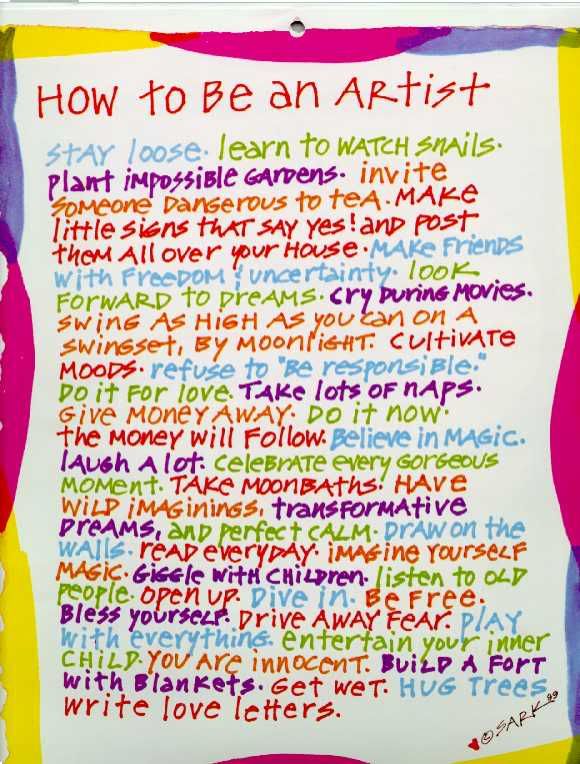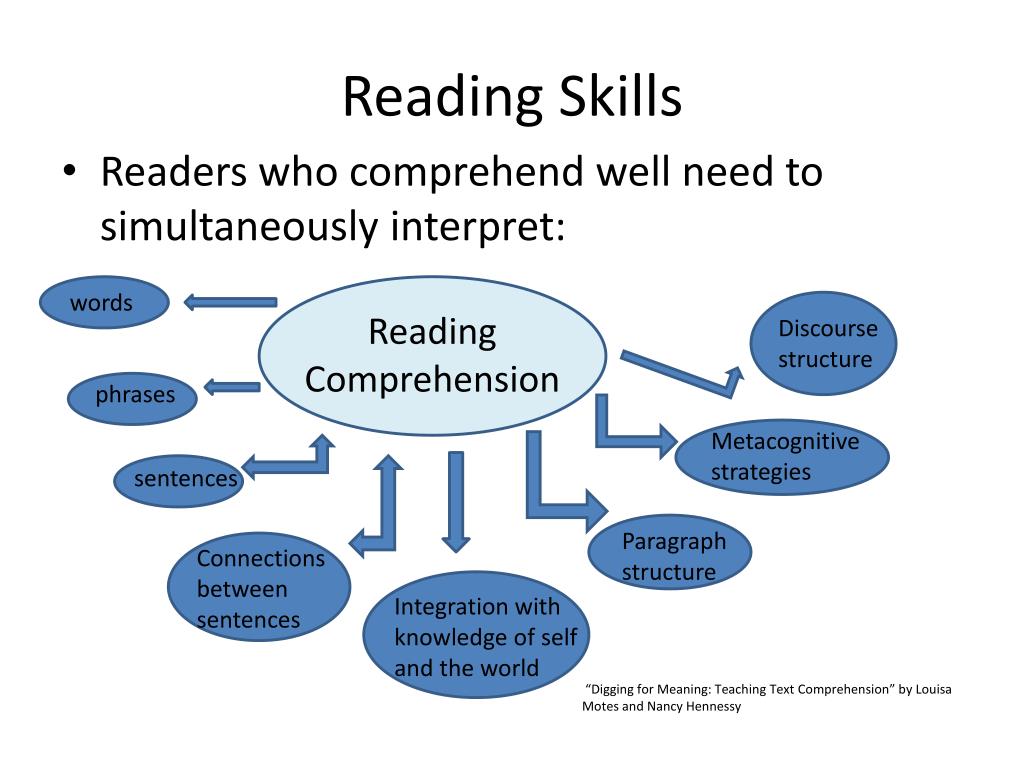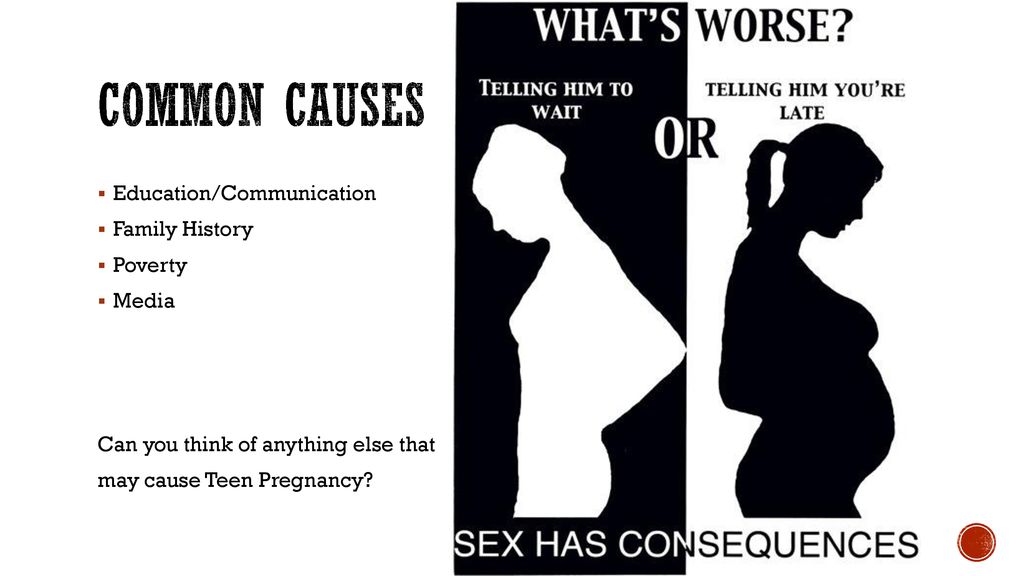Sark how to really love a child
A Valentine LIFE - SARK
The whole concept of Valentine’s Day was not ever meant to be only for couples, or if it was, it’s missing out on a lot. If we’re going to have a celebration of love, let’s make it inclusive of EVERYone.
Loving ourselves truly so we can truly love others is the real valentine, and experiencing what I’m calling a Valentine Life, is available to everyone.
I think a Valentine Life is one where we ongoingly blend and alchemize the wonderfull and the terrible things into a brand new mixture we can more easily use for healing and change. I call the life that results from practicing this: the “marvelous messy middle.”
In my marvelous messy middle life, I’m madly truly deeply in love with the world, myself and my quantum love partner David. I’m practicing alchemizing all the time, and live with love and joy as much as possible.
Does that mean I don’t feel sad or in despair? Of course not! I experience deep anxiety and voluminous fears frequently and cry so often. There is SO MUCH TO GRIEVE. It can all seem so huge and insurmountable and awful and horrible and truly excruciatingly DREADfull.
And love is bigger.
Love is the true message and love transcends form and measurement.
Love of ourselves and other people, children, animals, and nature is all around all of us and reminding us all the time to fill up on love, to LIVE LOVE.
And we are made to fill ourselves up from the inside – because we are all succulent creatures. A succulent consistently gives itself the nourishment it needs.
There is no need to wait for love, as much as there is a need to create love. Love isn’t to be found as much as it is to be felt.
Let the feelings of love and joy fill you from everywhere and then offer that to others and the world.
If you feel alone or lonely, feel those feelings by acknowledging them – say out loud or under your breath;
“Loneliness, I see you, I hear you, I acknowledge you.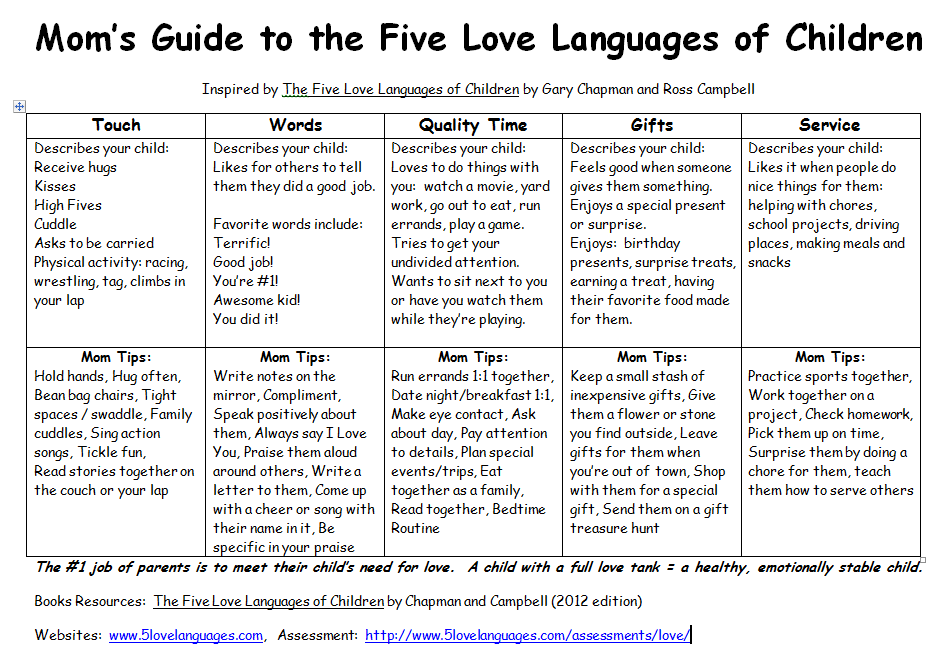 ”
”
This allows loneliness to soften and change shape, and receive your love. When we tend and care for our feelings in this way, it builds a tremendous power and resilience.
We do need to feel all of our feelings – I believe we just don’t need to stay quite so long in the challenging feelings, or let those eclipse our feelings of love. Also of course, we aren’t meant to try to skip over the challenging feelings either. It’s all about integration, flow and movement.
Emotions are made to be in motion and we’re the activators and recipients of that motion.
Go forward in love with ALL the feelings in your emotional family, including loneliness and all the others, and live more like a full cup of self love, sharing your overflow with the world.
The world needs all the full cups we can get – not half empty cups trying to get filled with flowers or chocolates or declarations of love from others.
Flowers and chocolates and all else are good unto themselves, and best applied to yourself as your own source and creator of joy.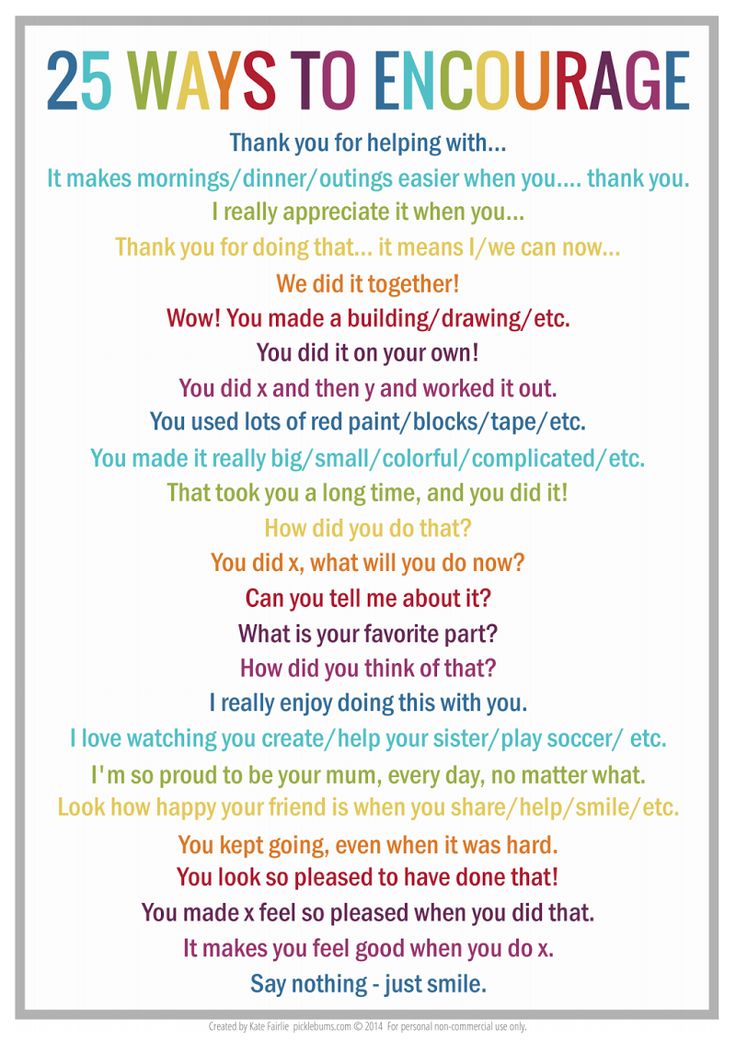
Share a moment of your marvelous messy middle Valentine Life with me, I’ll love to hear.
Love,
16 Parenting Rules That Teach Us How to Really Love a Child – Creative Healthy Family
There are so many different parenting styles, each with its own list of techniques to follow. Sure, those can help us figure out how to raise a child the right way. Today, though, I want to focus on my favorite parenting rules that teach us how to really love a child. Let’s get started.
Last week, I wrote about my top family rules that teach kids what really matter. I finished it up with a quote full of rules that I live by for myself. I’ve been thinking about that quote since then. I really feel like it warrants its own discussion. So, here we are! Let me start by re-sharing that with you. Take a look:
Now, let’s break it down and talk about how these “rules” teach us how to really love a child, versus just raising them to be decent human beings (which, of course, is equally as important). We’ll go over each one and take a closer look.
We’ll go over each one and take a closer look.
1. Be there.
The single most important way to love a child is to just be there for them. Show up and truly be present. Let them know that they matter. When you’re with them, be with them.
I’m not saying that you have to devote every waking moment with them. Parents need space and time to themselves, too. But if you’re playing on the floor with them, or watching their tennis match, or even just having a discussion with them…actually focus on them.
You will never look back on life and think, “I spent too much time with my kids.”2. Say YES as often as you can.
We’re so concerned with raising unspoiled kids who can accept “no” for an answer that we forget it’s okay to say “yes.” I’m not saying you have to buy your kids a toy every time they ask for one. We’d be bankrupt in about a day if we all did that. But if they ask for something that costs you nothing but time to give, it’s okay to say “sure, we can do that!”
Never fear spoiling children by making them too happy.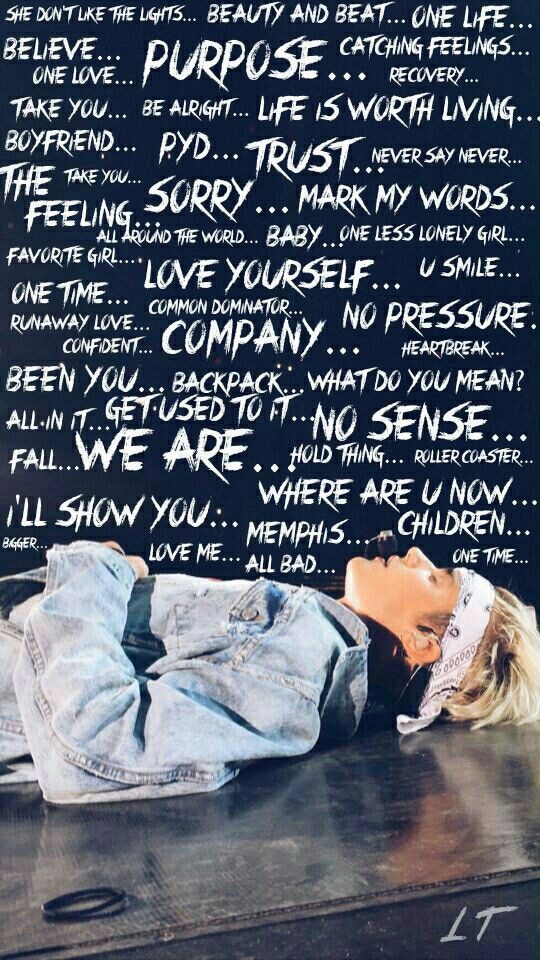 Happiness is the atmosphere in which all good affections grow. ~Thomas Bray
Happiness is the atmosphere in which all good affections grow. ~Thomas Bray3. Let them bang on pots and pans.
My least favorite old-school parenting saying of all time is the one that says children should be seen and not heard. What a horrible idea! Kids are noisy in a big, beautiful and bright way. They’re so full of life and zest and zeal.
Let them be loud. Let them bang on pots and pans as they march around the house singing off-key while the dog barks madly behind them. Yeah, I know, the noise doesn’t do wonders for the head, but it’s definitely good for the heart & soul!
4. If they’re crabby, put them in water.
I’ve yet to find a better way to lift my kids’ spirits and vanquish a bad mood than spending the afternoon at the beach or in the pool. You don’t have to literally put them in water, though. If your child is in a foul little mood, don’t try to reason them- or worse, punish them- out of it. Just change the scenery!
5. Read books out loud with joy.

There are so many benefits of reading out loud to your child, from helping them develop language skills to raising them to love reading. That’s why we do it. However, it’s not why our kids ask us to do it.
To them, listening to you read is all about spending time with you doing something that they love. So, whether it’s the 1st or millionth time you’ve read Llama, Llama Red Pajama, put your whole heart into each and every syllable. It tells your kids that you put your whole heart into spending time with them.
“Reading should not be presented to children as a chore, a duty. It should be offered as a gift.”-Kate DiCamillo.
6. Go find elephants and kiss them.
One day all too soon, your kids will stop believing in fairies. They’ll stop thinking that the moon is made of cheese, that thunder comes from people bowling in the sky, and that toys really do come to life when you leave the room.
The world will wash the whimsy right out of them all on its own. It doesn’t need help from you to speed along the process. Let them believe for as long as they can that they can kiss elephants. Even better, that you’ll be right by their side while they do.
It doesn’t need help from you to speed along the process. Let them believe for as long as they can that they can kiss elephants. Even better, that you’ll be right by their side while they do.
7. Encourage silly. Giggle a lot.
Kids give us the perfect excuse to let our inner “weird” come out and play. Don’t waste this excuse. Embrace it! Dance like no one is watching. Tell “dad jokes” without rolling your eyes or groaning about how lame they are. Make faces at the dinner table. Sing loud and proud.
Most important of all, laugh with your kids. Laugh until you cry, until your side splits, until you can’t breathe. Make it a priority to be as silly as possible as often as possible.
8. Remember how really small they are.
I mentioned this the other day when I was talking about gentle parenting techniques, but it’s worth repeating. If you want to really love a child, remember that they ARE a child.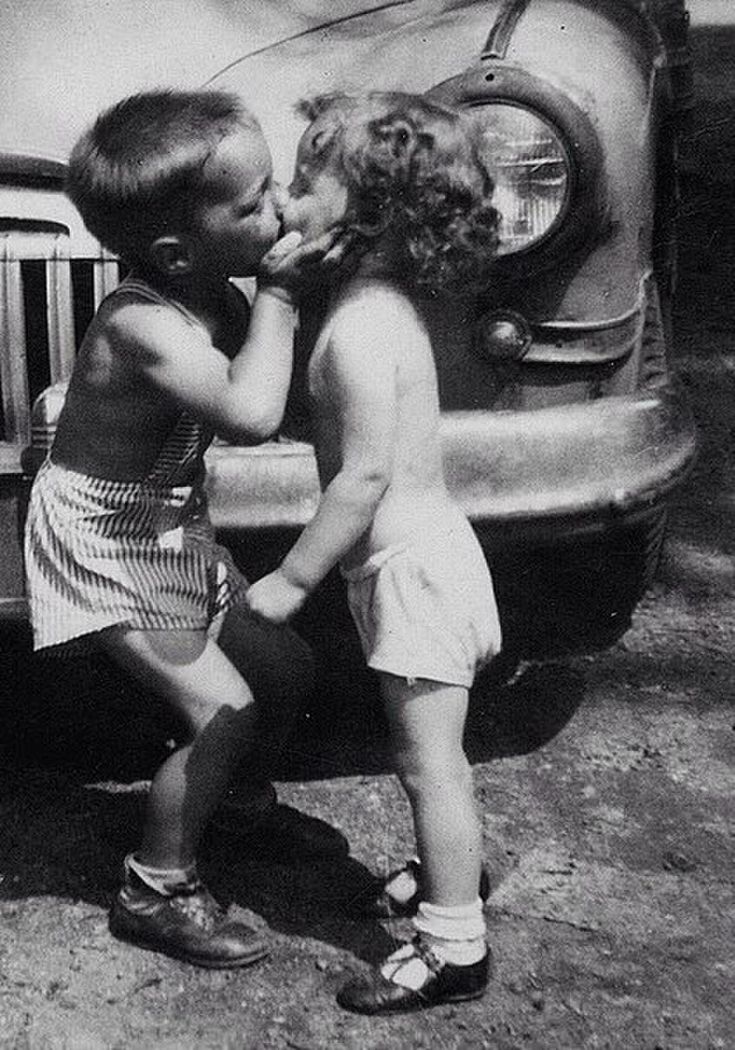 They are not miniature adults, so don’t treat them like one.
They are not miniature adults, so don’t treat them like one.
Manage your expectations, set rational boundaries, and forgive them often for breaking them. In short, don’t set them up to fail by demanding more than they can give.
9. Search out the positive.
Someday all too soon, this world is going to teach your kids that life isn’t made up of sunshine and rainbows, that there isn’t always a silver lining on every cloud. Your job isn’t to prepare them for that. No, it’s really not.
Your job is to teach them that it really can’t rain all the time, and the sky truly won’t fall forever. That there may not be a bright side to every dark coin, there IS a bright morning after every dark night. Most important of all, your job is to give them the tools to find the bright side where they can and the strength to wait for the bright morning when they can’t.
“Teaching kids to count is fine, but teaching them what counts is best.” – Bob Talbert.10. Keep the gleam in your eye.
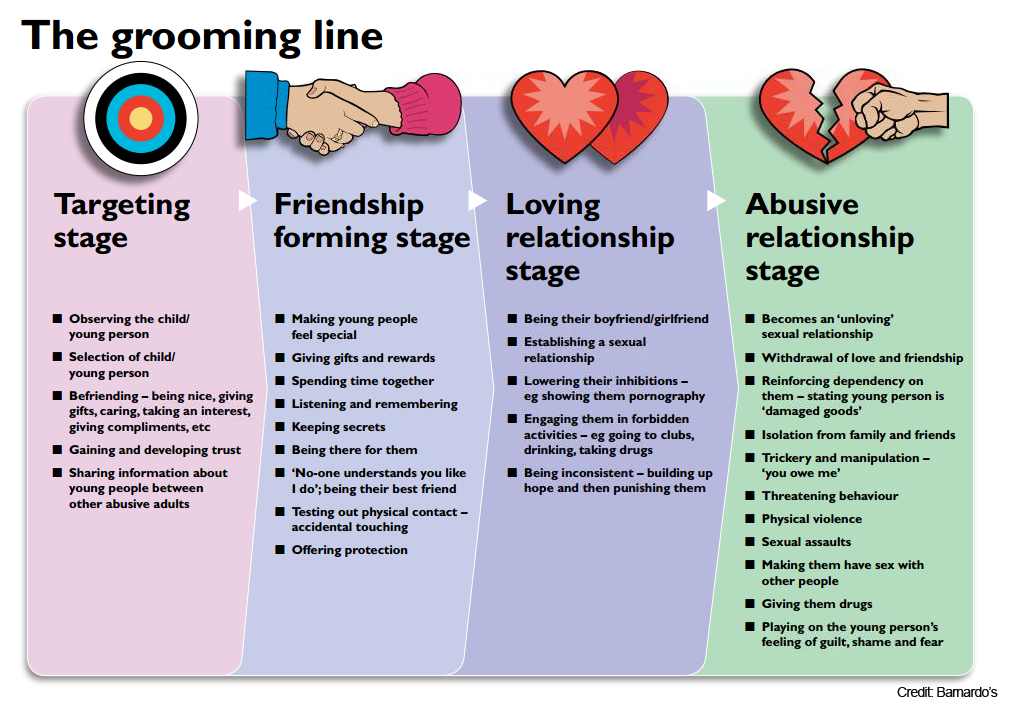
Look, I get it, parenting can be exhausting at times. Kids know how to push our buttons and try out patience like no one else on this earth can. But even when your very last nerve snaps right in half, keep that gleam of love in your eyes.
See, your kids aren’t just trying to drive you bonkers. As Nina Garcia of Sleeping Should Be Easy explains, they’re testing the boundaries of your love. The look on your face and in your eyes will tell them everything they need to know, so make sure it’s telling them that yes, you really do love them unconditionally and that nothing they do can ever drive you away.
11. Go see a movie in your pajamas.
Want to make memories that your kids will treasure always? Jump in the car in your footie jammies and go to a drive-in theater. Declare a random Wednesday a mental health day and go to the beach. Stomp in mud puddles together. Ask them what type of adventure they’d like to have today. Basically, just do something totally unexpected.
12. Teach feelings.
Feelings are SO very big when your SO very little. It’s our job as parents to make sure our children have a safe space to explore them. Teach them early on that it’s just as okay to cry as it is to laugh. That it’s okay to be mad when things don’t go their way, even if they’re mad at you. That they don’t have to like everyone all of the time to love them all of the time.
Teach them that others have feelings, too. That while it’s okay for them to be mad at you for not buying them a toy, it’s not okay to hurt your feelings by screaming “I hate you!” That while it’s okay to laugh with someone, it’s not okay to laugh at them. That kindness and compassion and empathy matter. That everyone’s feelings matter equally.
13. Realize how important it is to be a child.
Childhood is where we learn how to dream and imagine. What it means to love and be loved. Where we find our footing and learn to walk our own path. How to fall down and get back up. Where to find courage within ourselves and joy in unexpected places.
How to fall down and get back up. Where to find courage within ourselves and joy in unexpected places.
It’s a time when we believe that anything is possible because it still is. A time when we’re not thinking about the future and instead just living in the moment. It’s where we discover what it means to be a human being. Never, ever, ever for a moment underestimate its importance.
14. Plan to build a rocket ship.
Let your kids know that they can do anything they set their mind to. Listen to their big ideas and support them, even if it involves building a rocket ship to go to Neptune. Help them become dreamers. Better yet, be a dreamer yourself. Don’t just plan to build a rocket ship, do it! Even if it’s just a cardboard ship that takes them to imaginary Neptune.
Listen earnestly to anything your children want to tell you. No matter what. If you don’t listen eagerly to the little stuff when they are little, they won’t tell you the big stuff when they are big because to them all of it has always been big stuff. ~Catherine M. Wallace
~Catherine M. Wallace15. Stop yelling.
Yelling at your kids accomplishes nothing other than scaring them. Learn a better way to communicate. No further explanation needed.
The sign of great parenting is not the child’s behavior. The sign of truly great parenting is the parent’s behavior. ~Unknown16. Express your love. A lot.
The most important way to really love a child is to just do it, and to make sure they know you do. Show them that you love them with all of your heart and soul. Until you feel like you’ll burst with it. Even when you’re mad at them. ESPECIALLY when you’re mad at them.
Tell them that you love them to the moon and back, to infinity and beyond, and more than all of the stars in the sky. Tell them every single day in a million different ways. Tell them every morning when they wake up and every night before they go to sleep. Make sure they know it with every last fiber of their tiny little beings.
Being a family means you are a parent of something very wonderful. It means you will love and beloved for the rest of your life. ~Lisa Weed
It means you will love and beloved for the rest of your life. ~Lisa Weed17. Remember, children are miraculous.
I’ve said this before, children truly are remarkable little miracles. They’re entire living, breathing, thinking, and feeling beings that we literally created and grew from a single cell. They are of us yet separate from us. They’re the one miracle that we can all believe in, no matter what else we believe. Never forget that.
I’ll leave you with one last really wonderful quote, by Glennon Doyle Melton, “Don’t let yourself become so concerned with raising a good kid that you forget you already have one.” Also, don’t spend so much time worrying about how to raise kids who grow up to change the world that you forget that they already are changing your world.
Don’t let yourself become so concerned with raising a good kid that you forget you already have one. ~Glennon MeltonTo me, the most important parenting rules (if there even are rules to raising kids) have nothing to do with discipline, or sleep training, or setting rules and boundaries, or anything else you can learn in a book written by someone claiming to be an expert in that which NO ONE can actually be an expert in.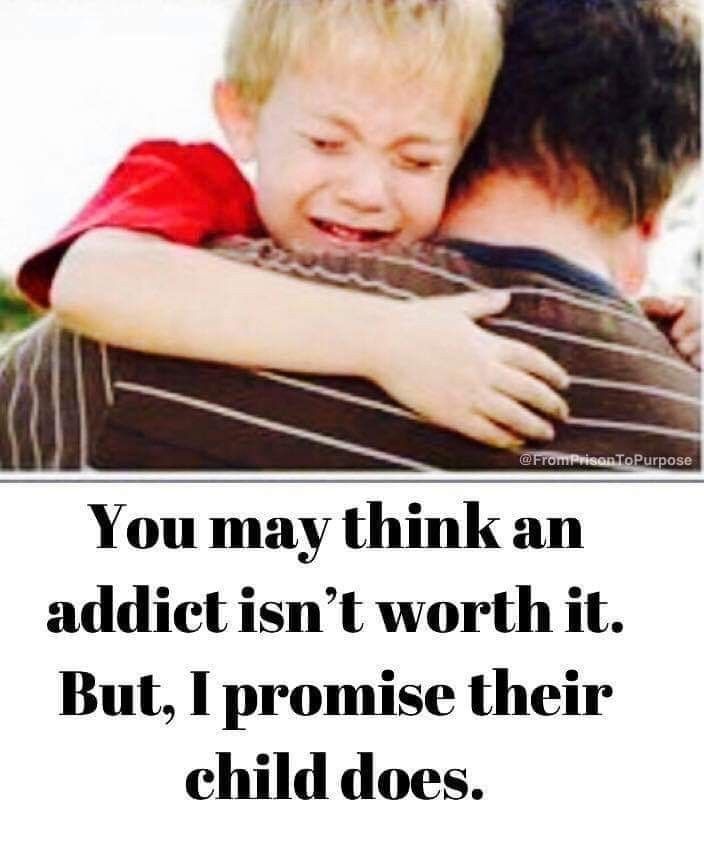 To me, the most important ones are those that teach US how to really love a child, and I definitely feel like these “rules” above do just that.
To me, the most important ones are those that teach US how to really love a child, and I definitely feel like these “rules” above do just that.
Traveler. Book 1: The Labyrinths of Destiny read online by Diana Gabaldon (Page 12)
— It's fucking embarrassing, Claire. For you and me and Bree, all three of us. But, God knows, sometimes I envy you.
He reached out for my hand, and after a slight hesitation, I didn't move away.
“To have such a passion for something,” the corner of his mouth twitched, “or for someone—it must be very lucky, Claire. And extremely rare.
He gently squeezed my hand, let it go and, turning, reached for one of the books on the shelf. It was Woodhill's "Patriots" guide to the biographies of America's Founding Fathers. His hand lay on the cover of the book with tenderness, as if afraid to disturb the sleep of the heroes whose lives were contained in it.
— Here they were people of this type. People who knew what their destiny was and were ready to risk everything in the world to fulfill it.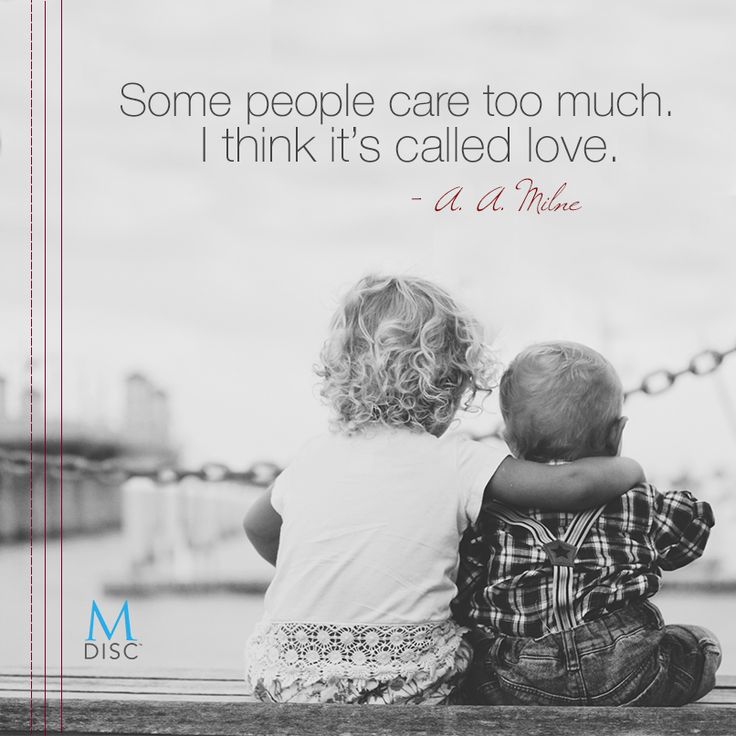 But the majority, and you know it very well, are not like that. Of course, it cannot be said that they do not have a sense of duty or destiny - they just do not have it so sharpened.
But the majority, and you know it very well, are not like that. Of course, it cannot be said that they do not have a sense of duty or destiny - they just do not have it so sharpened.
He took my hand again, turned it palm up and traced the intertwining lines with his fingers. It was ticklish.
— Is it all indicated here? Frank asked with a smile. - Are great destinies and grandiose deeds really predetermined from birth? Or is it all about getting people born with this great passion to be in the right circumstances at the right time? Studying history, one involuntarily begins to ask such questions, although history does not give answers to them. We only know what they did. But Claire. He tapped the cover of the book, and there was a hint of caution in his voice. “They all had to pay something for it.
- I know.
I had the feeling that I was watching both of us from the side: I clearly saw Frank, attractive, thin, a little tired, with a slight beautiful gray hair at the temples, and myself, disheveled, untidy, in surgical clothes, crumpled and wet with breasts with Brianna's tears.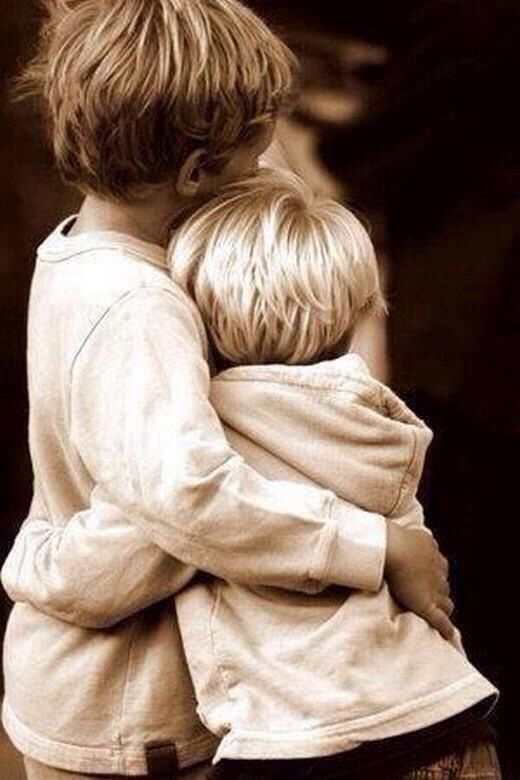
We sat in silence for a while, my hand still resting in Frank's. I saw mysterious lines and furrows, clear as a road map. Just want to know where these roads lead?
A few years ago, an elderly Scottish lady named Graham, by the way, Fiona's grandmother, told me fortune-telling from the palm of her hand.
“The lines on your hand change as you change yourself,” she said then. “It doesn’t matter what you were born with, but how you make yourself.
Well, what have I become, what have I made of myself? God knows what, that's what! Neither a good mother, nor a good wife, nor a good doctor came out of me - a complete misunderstanding. Once I imagined myself as a whole person who is able to love a man, bear a child, heal the sick. And all this existed in a natural unity, and not in the form of ridiculous fragments into which my life has now broken up. But everything remained in the past, where Jamie was nearby, I loved him and for a while I felt myself - and was! — part of something bigger than myself.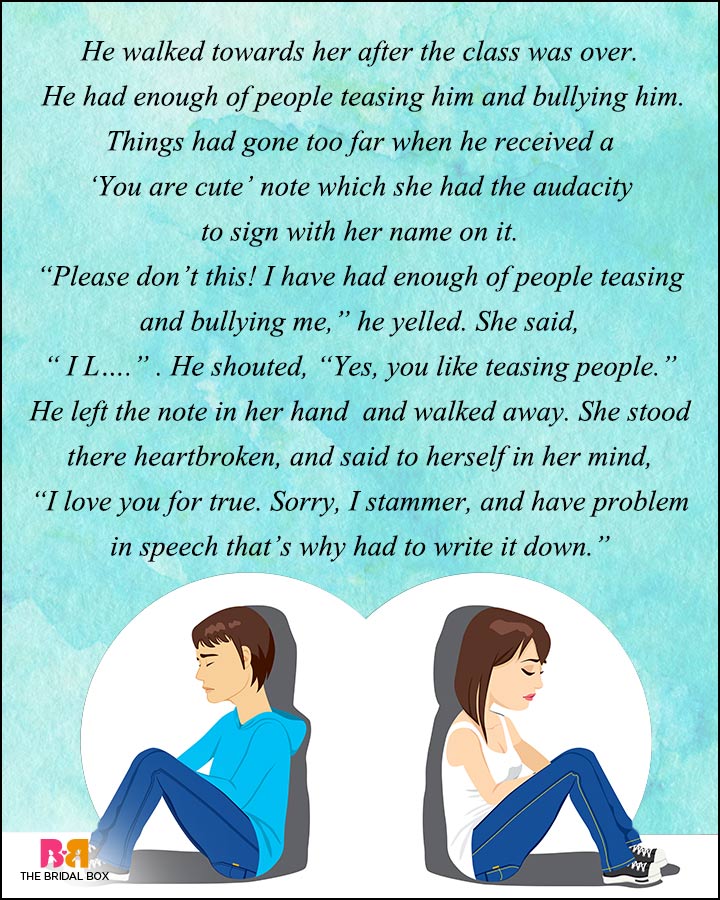
- I'll pick up Bree.
I was so deeply immersed in gloomy thoughts that the meaning of what Frank said did not immediately reach me, and I stared at him in bewilderment.
— What did you say?
“I said,” he repeated patiently, “that I would take Bree to work with me. She can come from school to university and play in my office until the end of the working day.
I rubbed my nose.
— It seemed to me that you did not approve of employees who drag kids to work.
He was critical of Mrs Clancy, one of the secretaries who brought her grandson to work for a month when his mother was sick.
Frank shrugged awkwardly.
— This is true, but in each case a special approach is needed. And it is unlikely that Brianna will rush back and forth through the corridors with shrill cries and spray ink, like Bart Clancy.
“That’s something I can’t guarantee,” I chuckled. “But are you serious?
In fact, the seriousness of his proposal was obvious, and somewhere inside me a still timid, timid feeling of relief began to cautiously ripen.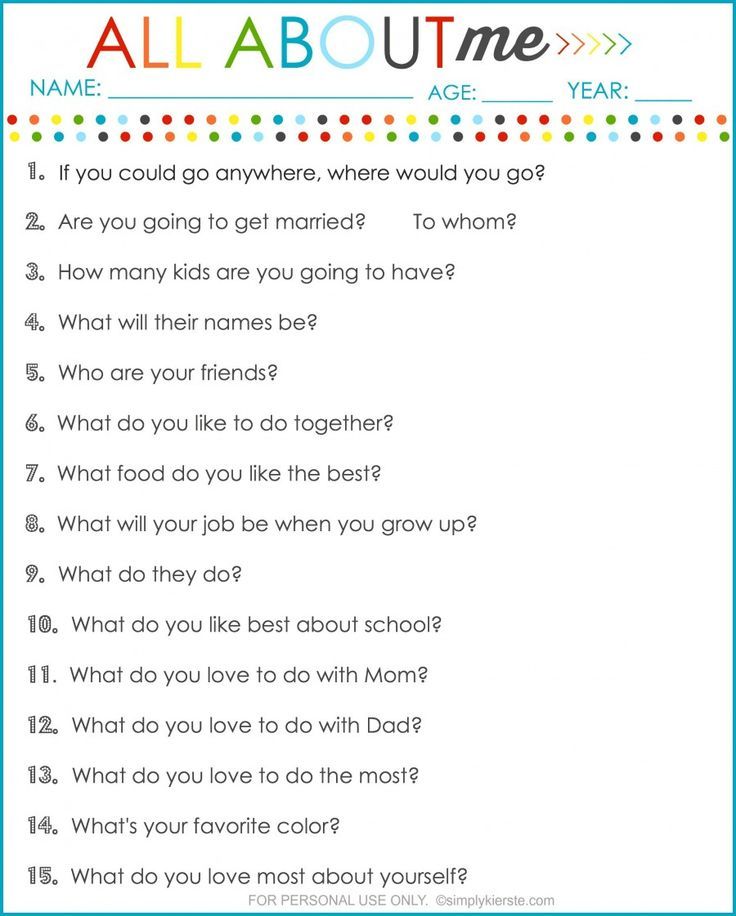 I might have mistrusted Frank about physical fidelity, and I actually knew that Frank wasn't exactly faithful, but I had no reason to doubt his love for Bree.
I might have mistrusted Frank about physical fidelity, and I actually knew that Frank wasn't exactly faithful, but I had no reason to doubt his love for Bree.
This is how one of the most difficult problems was suddenly solved. I won't have to rush home from the hospital, terrified that I'm late, pushing away the thought of Brianna snuggling in her room again because she doesn't like her current babysitter. But my girl loves Frank, and the thought of being in his office every day will delight her.
— Why? I asked bluntly. “Because I know perfectly well that you are not at all enthusiastic about my medical addictions.
"Not happy," he admitted thoughtfully. - But it's not that. It's clear you can't be stopped anyway, and maybe the only thing I can really do is help you get your way, and with as little damage to Brianna as possible.
His face hardened slightly and he turned away.
“If he ever felt that there was something important in his life, something worth living for, it was Brianna,” Claire concluded.
She silently stirred the cocoa for a few moments, and then suddenly asked:
— But why are you so concerned, Roger? Why do you have these questions?
He didn't answer right away, sipping his cocoa slowly. It was rich, dark, with fresh cream and grains of brown sugar. Fiona, who has always been a realist, took one look at Brianna to stop trying to lure Roger into a marriage trap through her stomach, but she was a cook by the grace of God, just like Claire was a doctor, and simply could not cook badly.
"Probably because I'm a historian," Roger finally answered, looking at Claire over the top of his teacup. - I need to know. My task is precisely to find out how people lived, what they did and why they did it that way.
— And you think I can tell you about it? She looked sharply at him. Or that I know it myself?
He nodded as he sipped his cocoa.
— You know better than many. Most of the sources available to the historian are devoid of your…” He hesitated, choosing the right word, and when he found it, he smiled.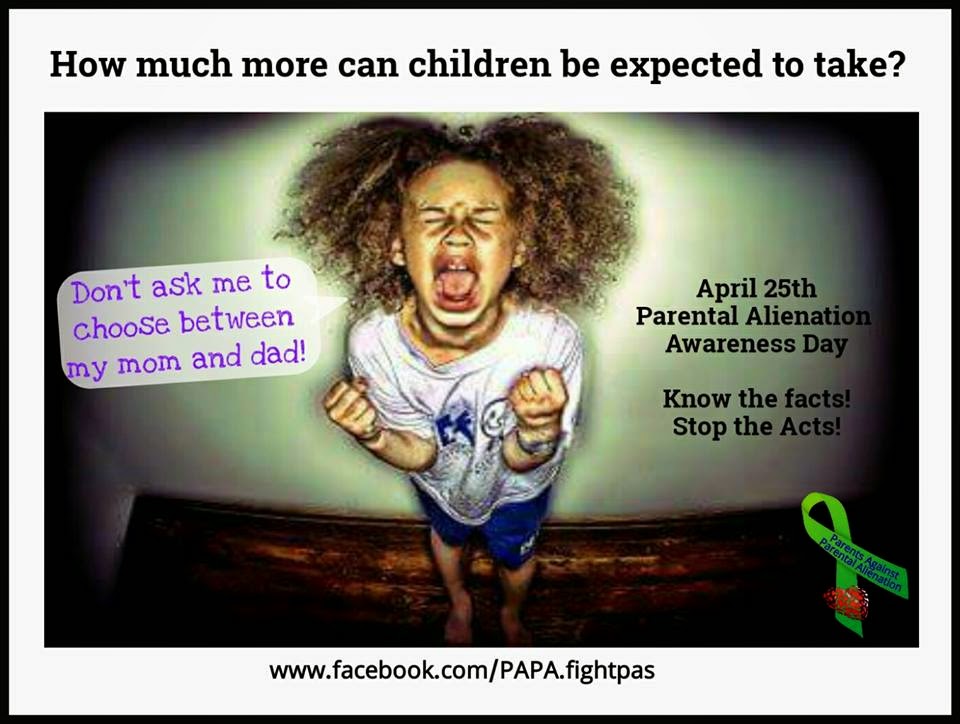 Let's just say your unique point of view.
Let's just say your unique point of view.
Suddenly the tension eased.
"Let's put it this way," Claire laughed, picking up her cup again.
"Another important factor," Roger continued without taking his eyes off her, "is your honesty." It seems to me that you would not lie, you simply could not, even if you had such a desire.
She looked at him and let out a short, dry laugh.
— Here, young man, you are mistaken: anyone can lie if there is a good reason for it. Even me. It’s just that those of us with everything written on our faces have to think through our lies in advance and accustom ourselves to them.
Leaning over the papers in front of her, she began to sort through them, slowly turning the pages one by one. These were copies of the registers of the arrival and departure of prisoners from English prisons. The task was complicated by the fact that not all prisons of the kingdom were managed according to a single principle with proper paperwork.
There were chiefs who did not keep separate lists of prisoners, but entered information about their arrival, departure or departure due to death along with other daily records, not seeing much difference between the death of a prisoner and the slaughter of a pair of oxen for corned beef to feed the remaining prisoners.
Roger thought that Claire had left this conversation, but she raised her head again.
"Well, you're quite right," she admitted. “I'm being honest more from a lack of flexibility than anything else. It's hard for me not to say what I think. And it seems to me that you understand this, because we are kindred spirits in this respect.
— Really?
Roger felt a strange joy, as if someone had given him an unexpected gift.
Claire nodded and looked at him with a faint smile.
- Well, yes. Here, you know, you can't go wrong. There are no such people - those who immediately lay out the whole truth about themselves, and about you, and about everything in the world.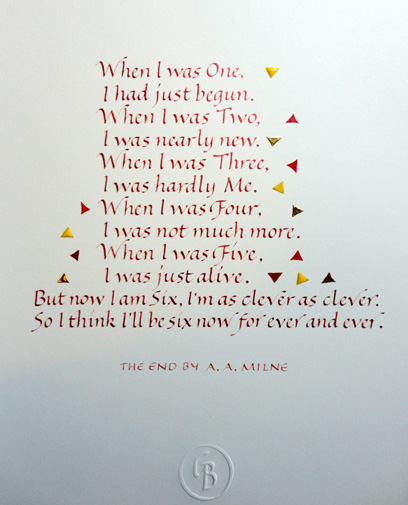 I think I've only known three in my entire life... now there are four.
I think I've only known three in my entire life... now there are four.
Her smile widened.
- The first, of course, is Jamie. Her long fingers rested lightly on the stack of papers, almost caressing them with her touch. - Also Maitre Raymond, a pharmacist. I knew him in Paris. And a friend I met in medical school, Joe Abernathy. Well, now, I think, you have been added to them.
She finished the last of the rich brown liquid, set the cup down on the table, and looked directly at Roger.
— However, Frank was also right in his own way. Knowing what you are meant to do in life doesn't necessarily make things easier, but at least you don't waste time wondering or doubting. If you're being honest, well, that doesn't always make life easier either. Although, I think if you are honest with yourself and know yourself, the likelihood that you will do the wrong thing, and then regret the wasted life, decreases somewhat.
She pushed aside one pile of papers and moved another, a collection of folders with British Museum logos on the covers.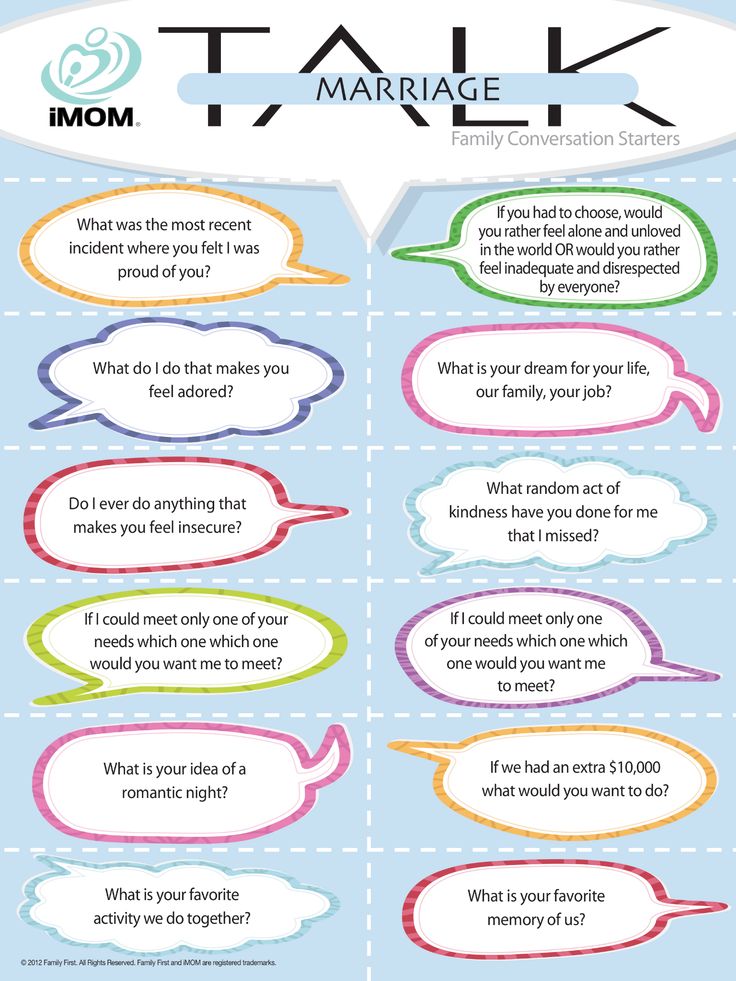
“It was Jamie's,” she said quietly, as if to herself. “He was not one to turn away from a cause he considered his own, no matter how dangerous it might be. And I don't think he thought he'd lived his life in vain, no matter what happened to him.
She fell into silence, going through the scribbles of some long-dead clerk in search of a record that could tell her how Jamie Fraser lived and ended his life, how long he languished in a prison cell and whether he saw freedom.
The clock on the table struck midnight, its striking strikingly deep and melodic for such a tiny instrument. Then they hit a quarter of the first, then a half, emphasizing the monotonous rustle of turning pages. Finally, Roger put another stack of scanned papers on the table and yawned without bothering to cover his mouth.
— I don't know about you, but I already see double. Can we continue in the morning?
Claire, who stared blankly, unseeingly at the grate of the electric fireplace, did not respond. Roger repeated his question, and she slowly returned to reality from one distance she knew.
Roger repeated his question, and she slowly returned to reality from one distance she knew.
"No," Claire said, and reached for the next folder, giving Roger an absent smile. - You lie down. I still can't sleep, so I'll be a little late.
I almost missed the right place, mechanically turning the sheets, because I didn’t read the names, but only looked through the pages starting with the letter “J”: John, Joseph, Jack, James. There were James Edward, James Alan, James Walter and so on ad infinitum. His gaze slid wearily over the lines, but still caught on the necessary entry, made in a clear, small handwriting: "James Mackenzie Fraser of Broch-Tuarach."
I carefully placed the page on the table, closed my eyes for a moment, then looked again. The record remained in place.
“Jamie,” I said out loud.
My heart was beating hard in my chest.
“Jamie,” I whispered.
It was almost three in the morning. Everyone was asleep, but the house, as is customary with old buildings, lived its own life and shared wakefulness with me, making creaks, groans and sighs.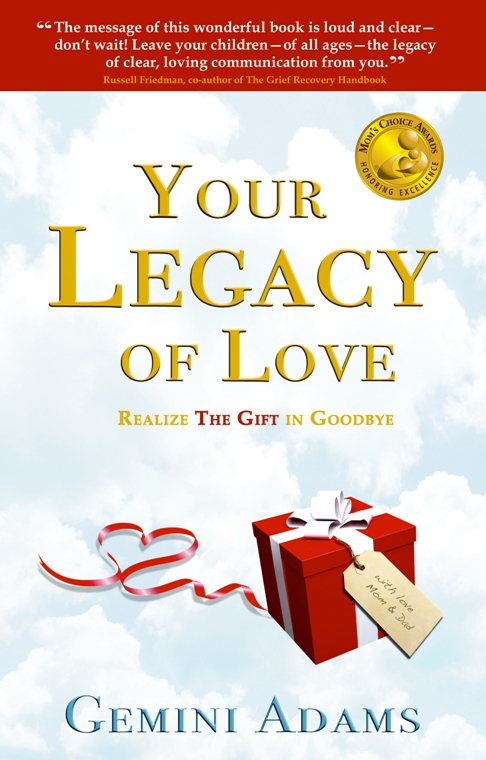 Strangely enough, I had no desire to jump up, run to wake Brianna or Roger to tell them the news. On the contrary, I wanted to keep her to myself for a while, as if it gave Jamie the opportunity to be alone.
Strangely enough, I had no desire to jump up, run to wake Brianna or Roger to tell them the news. On the contrary, I wanted to keep her to myself for a while, as if it gave Jamie the opportunity to be alone.
My finger traced the ink line. The person who wrote this saw Jamie—maybe even moved his pen across the paper as he stood in front of him. At the top of the page was the date: "May 16, 1753." Almost the same time of year as now. I imagined the spring of that time, the fresh, cool air and the still stingy rays of the spring sun playing in my hair.
In the wild, Jamie preferred long hair, braided or gathered in a ponytail. I remembered the careless gesture with which he, heated up from the exercises, threw them off his neck to cool off a little.
He could not wear a kilt - after Culloden the wearing of tartans was outlawed. So, most likely, trousers and a linen shirt like those that I myself happened to sew for him. In my mind I felt a soft wave of fabric under my hands - a full three yards of a real Scottish sark, a long-brimmed shirt with loose sleeves.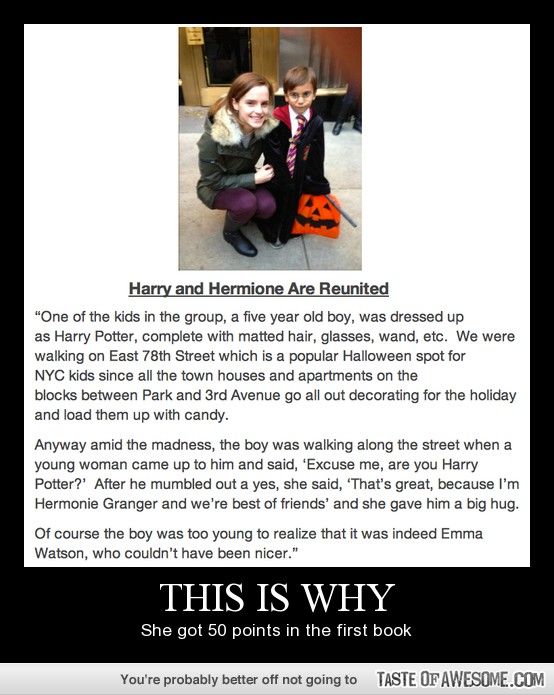 It was the only clothing in which, left without a rug, the Scot could at least lie down to sleep, even go to battle. I imagined broad shoulders under the rough material, the warmth of his skin through the fabric, hands touched by the coolness of the Scottish spring.
It was the only clothing in which, left without a rug, the Scot could at least lie down to sleep, even go to battle. I imagined broad shoulders under the rough material, the warmth of his skin through the fabric, hands touched by the coolness of the Scottish spring.
He has been in prison before. What did he look like standing in front of an English prison clerk and knowing full well what awaited him? It must have been bleak as hell, I thought, as I saw the long, straight nose and cold dark blue eyes as dark and impenetrable as the waters of Loch Ness.
I opened my eyes, realizing only now that I was sitting on the edge of my chair, holding a folder of photocopies tightly to my chest, and so immersed in the contemplation of the images generated by the imagination that I did not even look at which prison these registers belonged to.
There were not many large prisons in eighteenth century England, but there were also small ones. I slowly turned over the folder. Maybe it's Berwick near the border? Edinburgh citadel Talbot with its evil reputation? Or one of the southern prisons, Leeds Castle, or even the Tower itself?
"Ardsmoor" was on a sticker neatly affixed to the cover of the folder.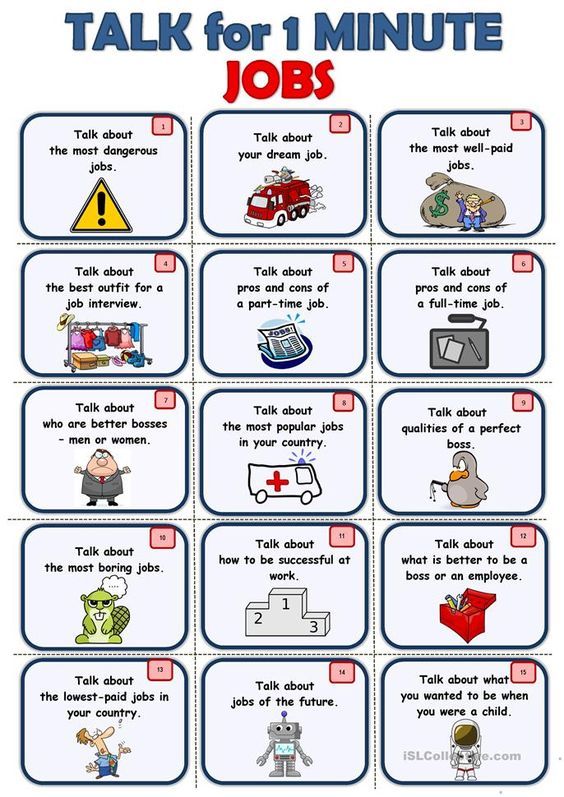
Ardsmoor? I said dumbly, staring at the inscription. “Where is he, that damned Ardsmoor?”
Chapter 8
A PRISONER OF HONOR
Ardsmoor, Scotland, February 15, 1755
“Ardsmoor is a sore on God's ass,” Colonel Harry Quarry quipped, nodding to the young man at the window and raising his glass. “I have been here for a year, or rather, eleven months and twenty-one days, and now I am pleased to hand over this place of service with all its charms to you, my lord.
Major John William Gray, surveying his new possessions, turned away from the window overlooking the courtyard and took his glass with a dry nod in return:
— Yes, the view is not very inspiring. Does it rain all the time here?
- Of course. This is bloody Scotland, and the crappiest backwater in all of bloody Scotland.
Quarry took a long sip of whiskey, coughed, exhaled noisily, and put down his empty glass.
“The only thing that somehow reconciles with this hole is almost free booze,” he continued with a noticeable hoarseness in his voice.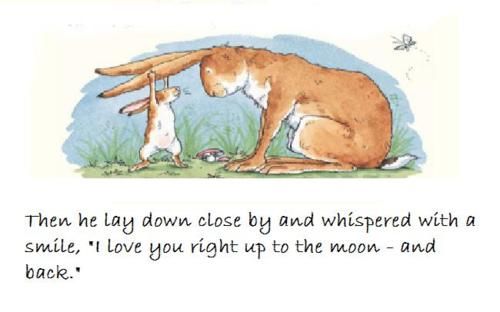 - In local drinking establishments and shops, people in officer uniforms are respected and they make a good discount. I'll leave you a list of places to visit.
- In local drinking establishments and shops, people in officer uniforms are respected and they make a good discount. I'll leave you a list of places to visit.
The Colonel nodded at the massive oak writing desk, which rested with all four legs on an island of carpet like a small fortress, contrasting with the rest of the room, which was virtually devoid of furnishings. The banners, regimental and state, hanging from the stone wall behind the table, also suggested the idea of the citadel.
“Of course,” Quarry got up, rummaged in the top drawer of his desk, and slapped a frayed leather folder on the tabletop, to which he rummaged and added another one. “I leave you the list of personnel and the register of prisoners. Usually two hundred people are kept here, but at the moment there are one hundred and ninety-six. It happens that two or three will die because of illnesses, otherwise they will catch the poacher red-handed, so an extra prisoner appears.
“So about two hundred,” Gray said. “And how many people are in the guard barracks?”
“And how many people are in the guard barracks?”
- State eighty-two. But in fact, about half are in service.
Quarry reached into his desk drawer again, took out a brown glass bottle with a cork, shook it, listened to the liquid splash and grinned.
— It's not just the commander who finds solace in drinking. A good half of the personnel is constantly drunk, they can’t even be built. I'll leave it to you, okay? I bet it will definitely come in handy.
He put the bottle back and pulled out the bottom drawer.
- Instructions, prescriptions, applications, forms, sample reports - it's all here. The worst thing about this job is paperwork, but a boss with a decent clerk doesn't have to worry about anything. He actually doesn't have to do anything. Unfortunately, this cannot be said about you at the moment. I had a corporal, literate, accurate, with excellent handwriting, but he died two weeks ago. Prepare another, and you will have nothing to do but hunt partridges and for "French gold.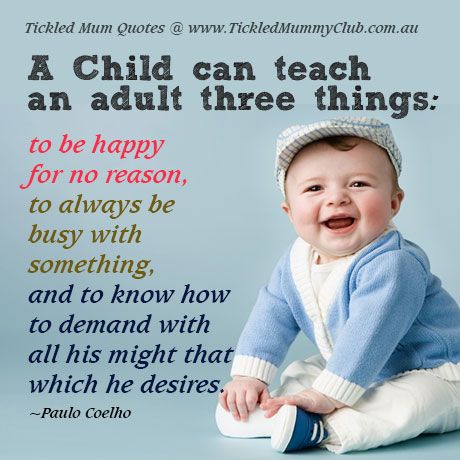 "
"
He laughed at his own joke; rumors of gold that Louis of France allegedly sent to his cousin Charles Stuart were widespread in this part of Scotland.
— Is there a lot of trouble with the prisoners? Gray asked. - As far as I understand, these are mostly mountaineers, Jacobites.
— So it is. But they behave quite meekly.
Quarry paused, looking out the window. A small line of ragged people came out of a door in the blank stone wall opposite.
- It seems that after Culloden there was no courage left in them. Billy the butcher has completely discouraged rebellion. Well, of course, we don’t give a descent and we make sure that we don’t even smell of turmoil. They are busy with work - they get along with their own prison.
Gray nodded in understanding. The irony was that the fortress of Ardsmoor was being rebuilt and renovated by the hands of the Scots prisoners.
— A work team is now coming out to cut the peat.
Quarry nodded at the group below.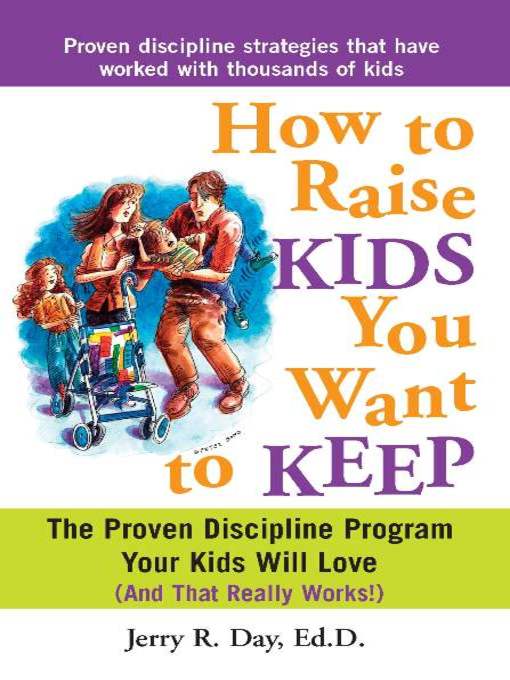 A dozen bearded men dressed in rags lined up in front of a soldier in a red uniform who paced back and forth giving instructions. Then he shouted an order and pointed to the outer gate.
A dozen bearded men dressed in rags lined up in front of a soldier in a red uniform who paced back and forth giving instructions. Then he shouted an order and pointed to the outer gate.
The team of prisoners was accompanied by six armed soldiers with muskets at marching position at the head and tail of the column. Their dapper appearance was especially conspicuous against the background of the ragged highlanders. The prisoners wandered despondently, ignoring the drizzling rain. Behind the party, a mule creaked and pulled a wagon, at the bottom of which a bunch of peat-cutting knives gleamed. Quarry frowned as he counted the people.
— Someone must have fallen ill again. According to the rules, the work team consists of eighteen people: the prisoners work with knives, so one guard relies on every three. True,” the colonel added, turning away from the window, “escape attempts are surprisingly rare. They have nowhere to run.
He moved away from the table, casually kicking aside a large wicker basket standing in front of the fireplace, filled with the same peat the prisoners went after.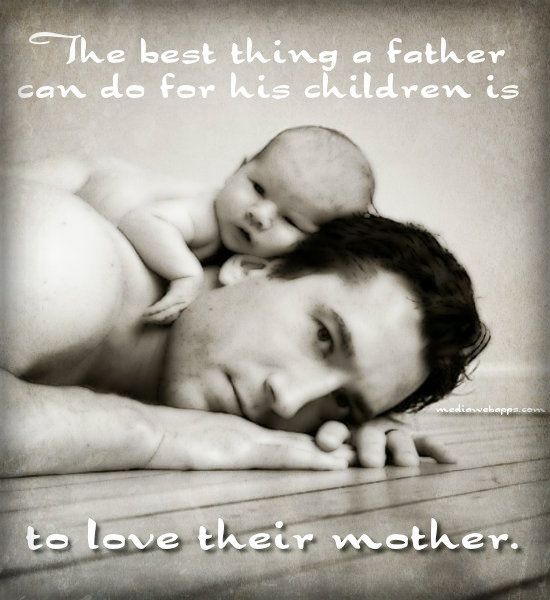
"Leave the window open even if it's raining," Quarry advised, "otherwise you could choke on the peat smoke." He defiantly took a deep breath and exhaled noisily. “God, how glad I am to be back in London again!”
- As far as I understand, you can't find a decent society here either? Gray asked dryly.
Quarry burst out laughing, his broad face wrinkled.
Reading mom's diary, November - 2022 - 36 answers
Block one. Historical.
This time it is connected with Ancient Egypt)
E. Razuvaeva. Ancient Egypt Speaks
Quite an interesting thing. It tells about the history, beliefs, wars, life, worldview of the ancient Egyptians, but the trick is that this story is told in the first person - the face of Queen Hatshepsut. She addresses her readers quite freely, her narrative, ironic through and through, is full of wordplay, some references to the present, phrases from books, films, songs. And at the same time, the author's goal - to tell about Egypt in all its details - is realized in full.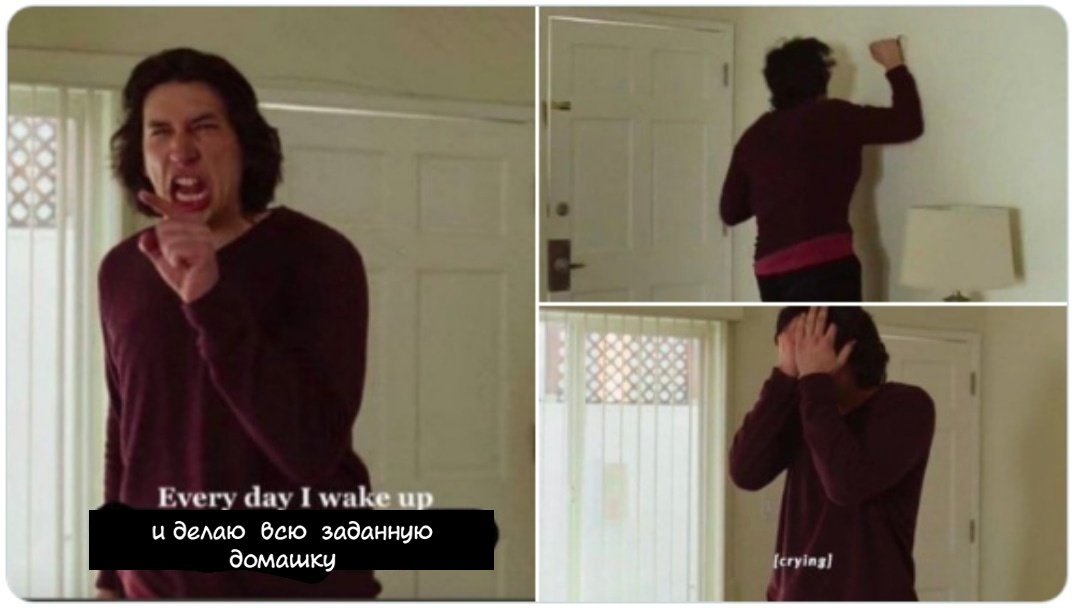 At some point, you start to get tired of the abundance of those same references and allusions, and it seems that the author got a little carried away. This is such a minus. And one more minus. Narrating in the first person, the author automatically presents the information as the only true one, without options. This is not very correct, right, in relation to the history of many thousands of years ago? I came across a mistake: the author calls Diana the goddess of love in Ancient Rome, and right after a whole chapter openly mocks inaccuracies in films and books about ancient Egypt. Well, such a thing ... But in general, I really liked the book. Not as the main source of information, not as a base, but as a consolidation of the past. Well, or as a lure-attractor of interest in the topic. 16+.
At some point, you start to get tired of the abundance of those same references and allusions, and it seems that the author got a little carried away. This is such a minus. And one more minus. Narrating in the first person, the author automatically presents the information as the only true one, without options. This is not very correct, right, in relation to the history of many thousands of years ago? I came across a mistake: the author calls Diana the goddess of love in Ancient Rome, and right after a whole chapter openly mocks inaccuracies in films and books about ancient Egypt. Well, such a thing ... But in general, I really liked the book. Not as the main source of information, not as a base, but as a consolidation of the past. Well, or as a lure-attractor of interest in the topic. 16+.
I. Efremov. On the edge of the Oikoumene.
Re-read. I read it 20 years ago. And as much as I liked it then, it didn't disappoint me now. And historical information, and adventures, and bright heroes - everything here is very well mixed and beautifully presented.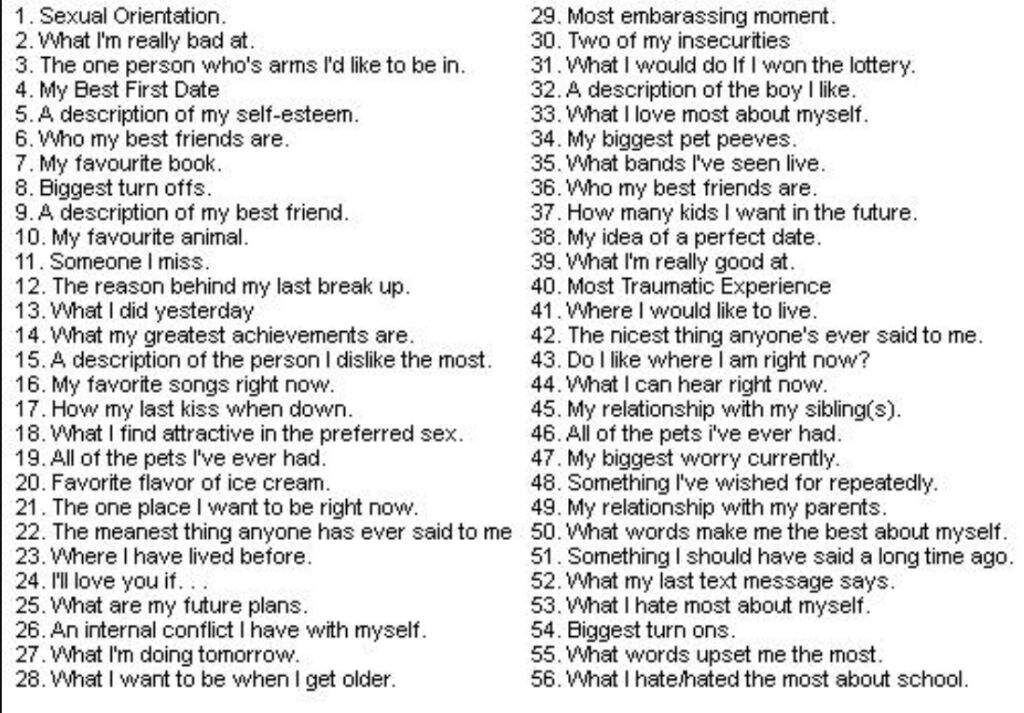 I recommend it to everyone who has not read it yet)
I recommend it to everyone who has not read it yet)
Atlantiad
I wrote a post about these books. Exciting adventures of two sisters in and around ancient Egypt and in South America on the eve of its conquest by Europeans.
I wanted to re-read the book "Aziris nuna" for this purpose, but decided to watch the film (I have already read the book, but I have not seen the film yet)
Well, it's cool)) Of course, everything that concerns ancient Egypt is distorted here, it even turned out to be a kind of parody. In addition, in the book everything is much more logical and detailed, but here it is a little torn and you have to think out what and why. But overall it's a great teen movie. And the charm of Maxim Averin in the role of the Sphinx of Shidla is beyond competition))
The second block. Children's.
It's sparse here.
A very small but very sweet book by Anna Anisimova "My Home Iceberg"
About a girl living on the banks of the Lena, to whose garden this same Lena brought a whole iceberg, and suddenly it became almost a member of the family until it began to melt. .. A wonderful story about a happy childhood with openness to everything new, kindness and spontaneity and - understanding adults.
.. A wonderful story about a happy childhood with openness to everything new, kindness and spontaneity and - understanding adults.
M. Kurenniemi. Onnely and Anneli.
A wonderful, fabulous, absolutely girly book about the life of two girlfriends who unexpectedly got a whole house, and built specifically for two little girls. They are waiting for adventure, the fight against real villains, true friends, and often not quite ordinary ones. You sincerely worry about the heroes, you are really angry at the villains, indignant at the injustices that they do, although, of course, you know for sure: everything will end well! And yet... I really want to go back to childhood, to a house for two little girls and to the most ordinary magic, which you can't believe in, here it is!
Third block. Teenage.
A.Shap. Light lamp
I liked it very much! The atmosphere reminded me of the worlds of J.-C. Murleva. The book is about a girl who does not just light a beacon, she herself, like a beacon, shines on those around her and finally brings them to the light from the darkness into which their life has turned. A father who lost himself after the death of his mother to such an extent that his daughter was taken from him. Residents of the strange and frightening Black House with their mentally retarded son, whose open and kind soul more than compensates for the lack of intelligence (and, by the way, the smartest are the main villains here, vile and cruel). And most importantly - a "fish" boy, who seems to be a surrounding monster, smart, devoted, ready (like Anderson's Little Mermaid) for any hardships and torments, only to earn the love of his father, who, alas, does not deserve such sacrifices.
A father who lost himself after the death of his mother to such an extent that his daughter was taken from him. Residents of the strange and frightening Black House with their mentally retarded son, whose open and kind soul more than compensates for the lack of intelligence (and, by the way, the smartest are the main villains here, vile and cruel). And most importantly - a "fish" boy, who seems to be a surrounding monster, smart, devoted, ready (like Anderson's Little Mermaid) for any hardships and torments, only to earn the love of his father, who, alas, does not deserve such sacrifices.
I listened to Ekaterina Sobol's trilogy "Tanamor", part 3 - "The Invisible Enemy"
In this part, a new round of detective story unfolds, twirling in the second book. The main action still takes place in Ireland, where the main character John and his girlfriend Molly continue to search for a criminal who kills women with a certain appearance with enviable regularity. The search is complicated by the fact that John (who continues to be the real walking dead) begins to slowly crumble, experiencing difficulties even in movement.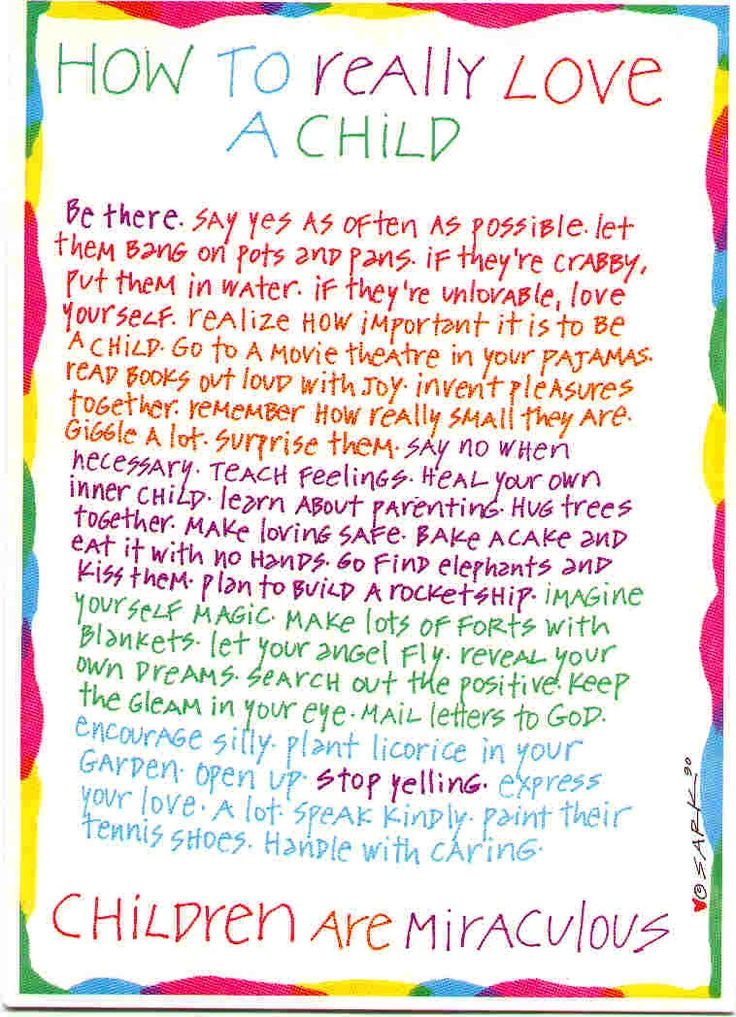 But they find the criminal, and this is really the one who was not suspected at all. Now I'll spoil it a little. Everything ended well, and John became alive again. And he was also helped in this by those from whom he did not expect this at all.
But they find the criminal, and this is really the one who was not suspected at all. Now I'll spoil it a little. Everything ended well, and John became alive again. And he was also helped in this by those from whom he did not expect this at all.
Interesting books, good language, inimitable humor of the author, famously twisted and competently promoted (no questions at all!) plot. But the dead ... I can’t do anything with myself, it scratches, it’s unpleasant and somehow incorrect, or what?
N. Somers. Amnesia.
I liked the book very much. 15-year-old Romain woke up in the hospital and realized that he did not remember anything from his past life, including his parents. On the advice of the doctor, he begins to keep a diary, where he writes down all the events and impressions of the past day. And almost immediately, a lot of questions arise in front of him. What are the parents hiding? What things in their house do they hide from him and what was hanging on the wall in his room, where now there is only one carnation? Why did he have such bad grades in the lyceum, because he likes to study so much, and study is easy? What was his relationship with the prettiest girl in the class, Morgana, and why was she shunning him now? How does he know the notes so well, reading them faster than letters? What does the most popular guy in the class want from him? Where did his phone and money from the account go? And how did he even get the trauma that triggered the amnesia?
In addition to all these questions, Romain also realizes that he has become a slightly different person.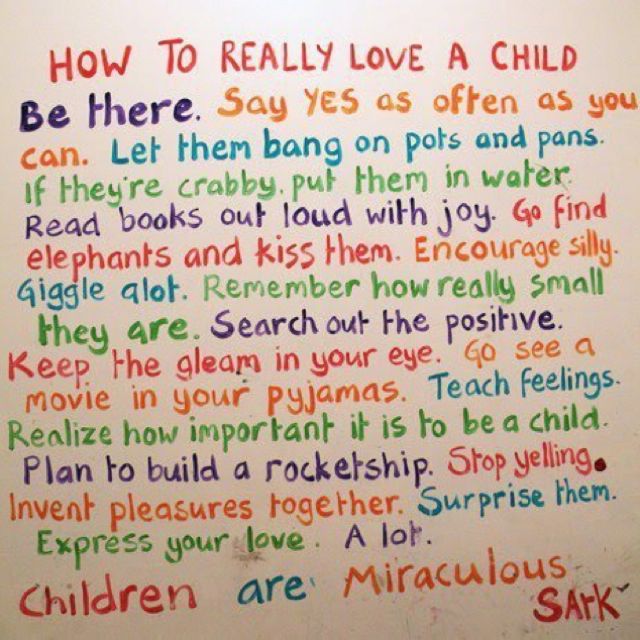 Judging by the reaction of others, he is more resolute, not afraid to express his opinion, to defend his views. And most of all, this, oddly enough, surprises and frightens his parents. The problem of realizing one's ambitions through a child, regardless of his desires and feelings, is the main one here, in my opinion.
Judging by the reaction of others, he is more resolute, not afraid to express his opinion, to defend his views. And most of all, this, oddly enough, surprises and frightens his parents. The problem of realizing one's ambitions through a child, regardless of his desires and feelings, is the main one here, in my opinion.
It is difficult to tear yourself away from the book, because you really want to finally reveal all the secrets and get to the bottom of the truth. The finale, it seemed to me, turned out to be rustic, but it should have been so if the author wanted a happy ending.
I wrote separate posts about the rest of teenagers:
November teenager - 1
November teenager - 2
November teenager - 3
Well, the fourth block. adult.
We will only have audiobooks here.
Marina Stepnova. Surgeon.
I didn't think I'd write such a thing about the author's books, but I didn't like it. Here is the same chic language, thoughtful comparisons, wonderful life sketches.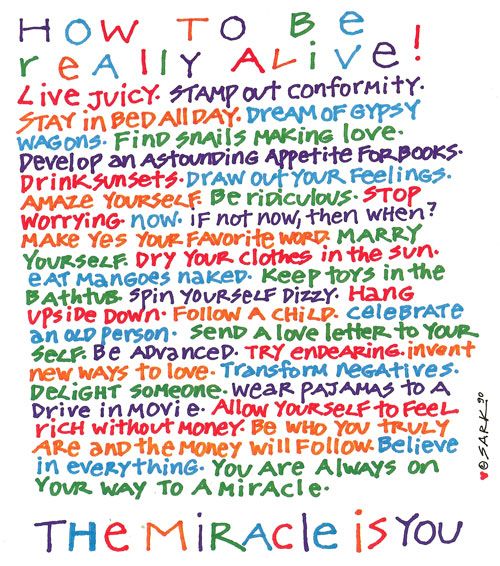 But there is no integrity, no meaning, no book. Sketches. Good, talented, not collected at all. With a beginning, but without an end. As if the writer took her notebook, where she wrote down the episodes. She threw in all the episodes, both related to the plot and not related, she just liked, somehow connected (or not connected at all), stuck an absolutely indistinct ending (well, it just had to be finished somehow!) - and that's all . No joy, no meaning. And even Bagdasarov's voice does not save.
But there is no integrity, no meaning, no book. Sketches. Good, talented, not collected at all. With a beginning, but without an end. As if the writer took her notebook, where she wrote down the episodes. She threw in all the episodes, both related to the plot and not related, she just liked, somehow connected (or not connected at all), stuck an absolutely indistinct ending (well, it just had to be finished somehow!) - and that's all . No joy, no meaning. And even Bagdasarov's voice does not save.
I decided to finish off the author's works and thought that she should succeed more than large forms with stories. After all, there is just no need to drag through many pages the main idea (which she usually loses by the middle), it describes just the episode she loves so much. Collection "Somewhere under Grosseto".
And you know what? Indeed, some of the stories are very good. But this is a smaller part. And all the rest - beautifully written, with steep strings - and just as indistinct denouements, like great works (I'm talking about "The Garden" and "Surgeon", and "Godless Lane", perhaps, too).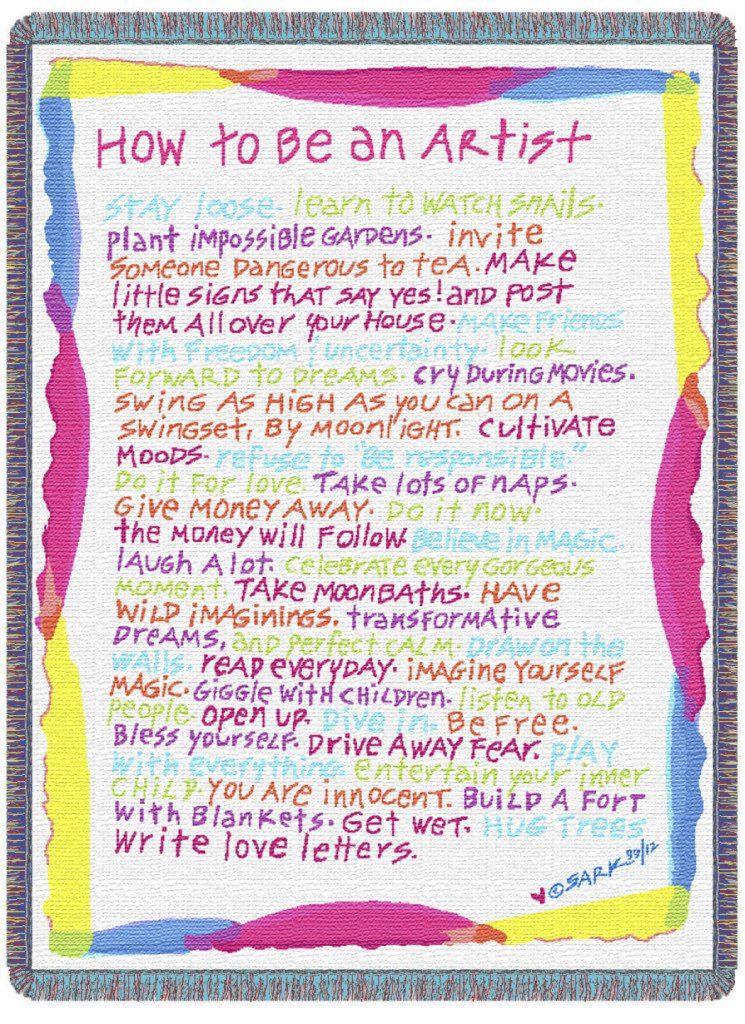 The plots are very cool, memorable, and it just becomes a shame at the end. It seems to me that the author should continue to work on himself, take criticism not with hostility, but listen and polish his books, take your time, do not crumple, do not sketch, then stupidly mix it up. Waiting for new books anyway))
The plots are very cool, memorable, and it just becomes a shame at the end. It seems to me that the author should continue to work on himself, take criticism not with hostility, but listen and polish his books, take your time, do not crumple, do not sketch, then stupidly mix it up. Waiting for new books anyway))
N. Abgaryan. Simon.
Here, it seems, a book has also been glued together from individual episodes. But these are not episodes, these are whole stories, each of which is both tragic and bright at the same time. And so they are all good, so they echo and respond in the soul, these different stories of different women, in the fate of which the late Simon once played an important role. Laughter and tears. No, let's say in Pushkin's way, "and life, and tears, and love." And - national flavor)) I listened to the end, ordered a paper book, bought Armenian wine) I love Narine!
And on a wave of adoration, she decided to listen to a collection of stories by various authors about the New Year and Christmas, which she compiled.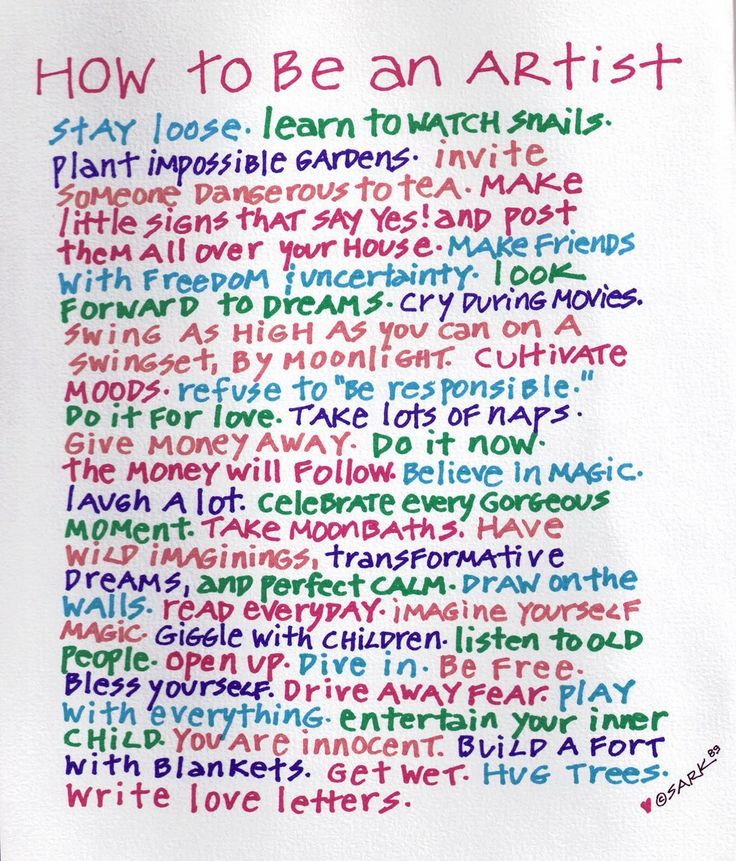
Damn, well, I don't like such a combined hodgepodge after all! (A happy exception is Volchko's collections, and then, I think, because they are small). Because once in a while it doesn't have to. Even from one author, what can we say about a lot. On the one hand, it's great that these texts are so completely different, which throws you from one end of the world to another, from one time to another, even from reality to a fairy tale, and the characters - from a prisoner of a fascist concentration camp - to a glamorous dog. On the other hand, you just like something, you just relax and get crazy - and some kind of absolute beer follows. I think now that I should have written down the names of the stories, or something, because everything flew out of my head, both the titles and the authors. I couldn't find any content anywhere. I remember that I liked Masha Rupasova's story "The Old Woman from Above". I really liked the one that gave the name to the collection "Tangerines - not the main thing" (who is the author? I don’t remember.